Emerging Genomic Scientist Symposium
2026 Symposium
In Spring 2026 the UCLA Department of Human Genetics will host its third annual Emerging Genomic Scientist Symposium. Senior predoctoral and junior postdoctoral applicants will be selected from around the country to present cutting edge research in genetics and genomics. In addition to presenting their research at the symposium, the speakers will have the opportunity to form short or long-term mentorship and collaboration relationships with UCLA researchers.
Click here to apply
For questions contact:
Jeanette Papp jcpapp@ucla.edu
Michael Wells mfwells@mednet.ucla.edu
Past Events:
Meet the 2025 Fellows!

Hyperosmotic stress induces complete rewiring of chromatin interactions
JP Flores

Duckweed, a Multiplexable Model to Plant Response
Bryan Ramirez-Corona

Improved Allele Frequencies in gnomAD through Local Ancestry Inference
Pragati Kore
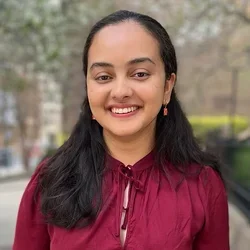
Contextualizing Disease Risk: Genetic and Environmental Contributors to Cardiometabolic
Jayati Sharma
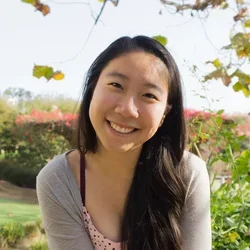
Contextual Learning on Graphs for Precision Medicine
Michelle Li
Meet the 2024 Fellows!
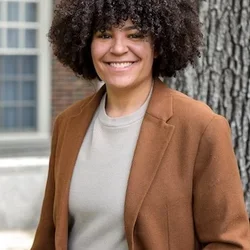
PANX1 activity regulates fetal architecture across cortical development
Norma Hylton
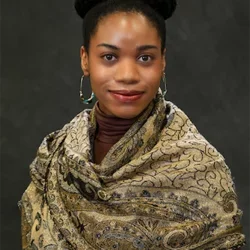
Genetic architecture, environmental influence: understanding autoimmune disorders and cardiometabolic disorders of pregnancy
Jasmine Mack
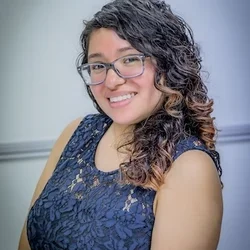
The Upstream Sequence Transcription Complex Dictates Nucleosome Environment at piRNA Genes in the C. elegans Germ Line
Nancy Paniagua
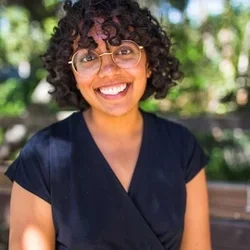
Complex trait architecture across populations: opportunities and considerations
Roshni Patel

Genomic Al: Benchmarking Approaches and Fairness Risks